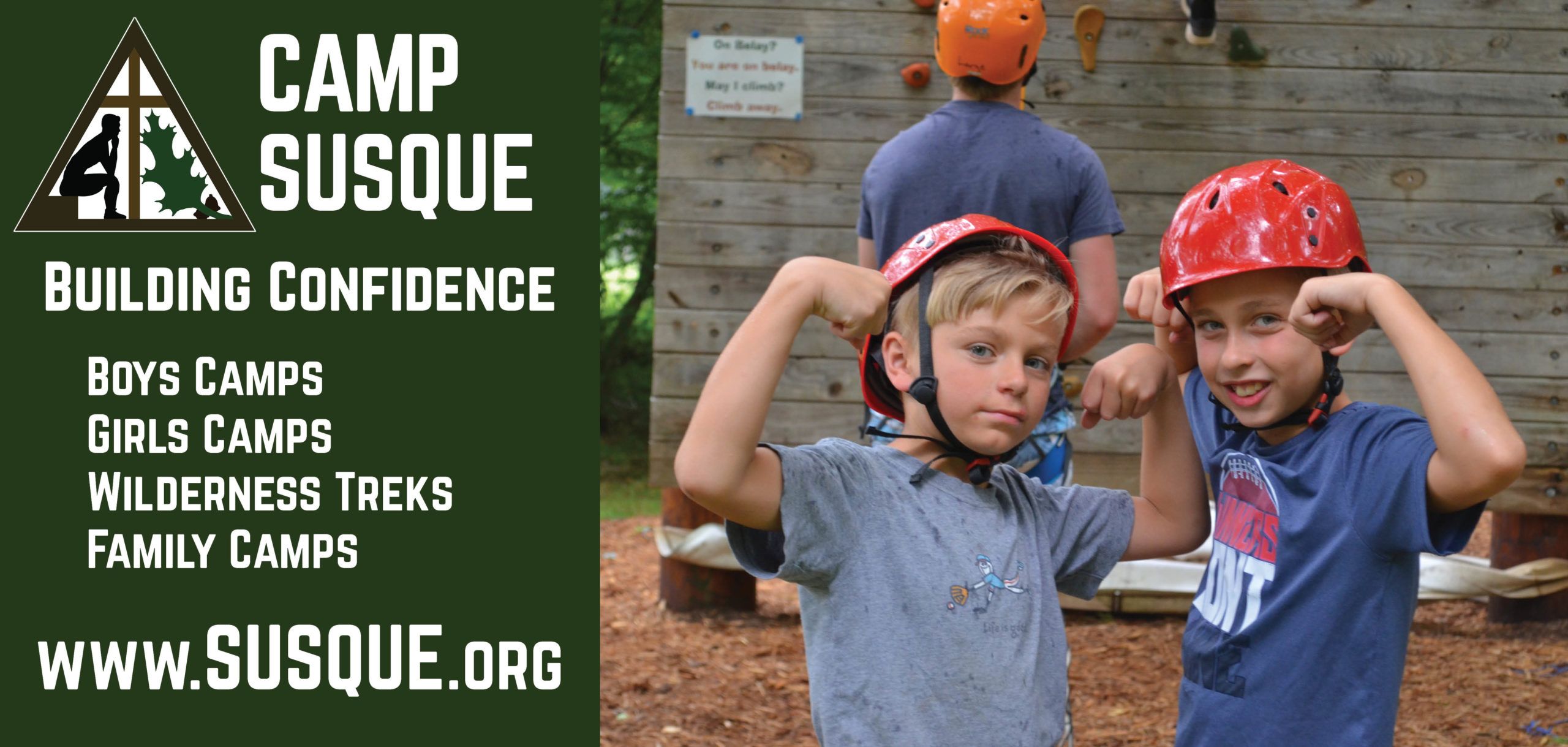
Jobs. Family. Finances. Coronavirus. We are all stressed these days. Now, perhaps more than ever, it’s important to manage your stress, and doctors say mindfulness is the best place to start.
According to therapist, Jon Kabat-Zinn, founder Mindfulness-Based Stress Reduction therapy, mindfulness can be defined as an awareness that arises through paying attention, on purpose, in the present moment, non-judgmentally.
A growing body of evidence suggests that being mindful may affect not only how you feel about stressors in your life but how you deal with those stressors. Individuals who regularly practice mindfulness seem to be more resilient to life stressors and adapt better to changing situations which, in turn, may improve overall health.
To see if this was true, researchers at the University of Connecticut conducted a recent study called Mindfulness’ effects on stress, coping and mood: A daily diary goodness-of-fit study, which was published in the psychology journal, “Emotion.”
In this study, researchers asked 157 college students to fill out an online questionnaire at the beginning of the semester then, the following month, the students filled out the survey each day for seven days. The questionnaire listed possible stressors and the students were tasked with listing which of those stressors they experienced that day. They were also asked to rank the stressors then were given a list of ways they might cope with those stressors. Last, they were asked to rate their mood.
Researchers found that those students who identified as more mindful also rated their experiences as less stressful and were more resilient at dealing with daily challenges. These findings suggest that mindfulness may better prepare a person for negative emotions and lessen their effects. In addition, mindfulness seems to improve a person’s ability to accept situations, rather than just focus on solving an immediate problem.
Don’t wait until the breaking point
According to Licensed Clinical Psychologist, Lindsay Sauers, PsyD, stress results when the logistical, emotional, physical, cognitive and other resources we use to address demands are outweighed by the demands we have.
“We often wait until the ‘breaking point’; when addressing the impact of stress becomes an absolute necessity. The challenge is that in waiting, we often feel so guilty about the consequences of the breaking point that once the immediate distress has leveled off, we go right back to pushing aside stress until it grows to that ‘breaking point’ again. It becomes a ‘rinse and repeat’ situation. While the rinse and repeat might be tolerable if we know it’s going to happen … this all-or-nothing process has a cumulative, detrimental impact on the body.”
According to Sauers, the stress-response cycle is actually two-fold. Most people know about the first part of this cycle, the fight-or-flight reaction that dumps adrenaline and cortisol into your bloodstream. Folks know much less about the second part of this cycle, which requires an emotional and physical release when the stressor is no longer present. When the second part of the stress-response cycle does not happen, the cycle is considered to be “incomplete.”
To deal with an incomplete stress-response cycle, Sauers recommends physical activity such as exercise. Laughter, receiving affection and allowing the expression of emotions are other effective ways to complete the cycle, she added.
Slow down
In order to be in-tune with how events are impacting us emotionally and physically, Sauers believes we have to take some moments to slow down and bring attention to the body and mind in a curious way instead of being judgmental or scrutinizing. This is not likely to happen naturally and without intention, as there are too many demands for our attention.
“There are lots of ways we can slow down as a practice, such as learning mindfulness meditation or engaging in physical activity that encourages awareness and centering such as practicing yoga or tai chi. We can also explore thoughts and emotions with the assistance of a licensed professional such as in psychotherapy or counseling.”
Other things that Sauers says can help mitigate stress and/or increase contentment and joy are:
- Have a gratitude practice – formally identify (i.e., write down) 3 things daily for which you are grateful.
- Reduce screen time (both for the type of light that screens have that disrupt circadian rhythms and the triggers of news, social media posts, emails/text…- set limits on apps; designate screen-free hours; put on airplane mode; keep phones and other screens out of the bedroom at night.
- Authentically and vulnerably connect with friends and loved ones – share about struggles and joys with one another.
- Prioritize unstructured, unplanned time outside of vacations.
- Read for pleasure.
- Get out in nature.
Connecting body and mind
Analese Latini, certified yoga instructor and owner of Clear Sphere Yoga on Market Street in Williamsport, was herself a victim of job-related stress. Working as a marketing executive for Exxon Mobile, Latini was under constant pressure.
To deal with her high levels of stress, she eventually turned to yoga. In fact, it worked so well that she desired to share its benefits with others and opened her own business.
“Stress is the No. 1 reason people join my studio.” She and her instructors offer a variety of yoga styles, but all classes include some form of mindfulness. “There is a meditative component to most yoga and this helps to connect the body with the mind.”
Latini is also a Life Coach and uses a holistic coaching style to help people deal with negative stress responses such as drug and alcohol addiction.
“I focus on stress management by utilizing things such as breathing techniques, and help my clients to examine routines, habits, nutrition and environment,” Latini says. “I’ll often meet with them at work since this is where they most often encounter stress.”
Sauers cautions about activities that might be functioning to numb emotions or signs of physiological distress caused by stress such as mindless social media or news scrolling. In addition, we should be wary of falling into substance use or abuse such as alcohol or drugs as a means of managing stress.




